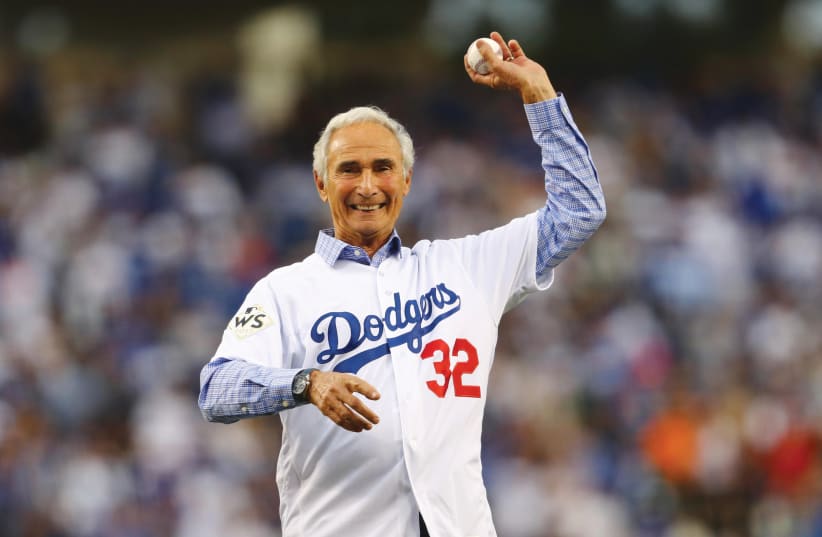Never one to self-censor or shy away from controversy, Derfner writes in the book’s prologue “I do not look back and write about that time from an orthodox, Black Lives Matter perspective… My purpose here is not to show what a good person I am, not to convince anyone to vote for me, not to present a model for enlightened thought and behavior but to tell the truth about an unusual corner of life, to record an unrecorded passage of history.”
He certainly lives up to the disclaimer, dispersing a raft of incendiary remarks and descriptions that would be right at home some half-century ago and significantly less so now.
Derfner takes this approach, however, not for the shock value, but rather to allow himself to straight talk. The memoir is a quick read and as such, he often gets right to the point. “Life wasn’t so controlled, you spent your days with people who looked and talked very differently from you, who went home to a different world from yours. The events of a day were unpredictable, and very often included some degree of danger. I did not lead a sheltered life,” he writes.
Though his life may not have been sheltered (Derfner writes that a third of his school was white, a third was African-American, and a third was Chinese or Japanese), he also makes clear that the racial intermingling existed predominantly at his school and inside the confines of his father’s liquor stores.
“The only black person who ever entered our homes was Leanna, the quiet, plump little cleaning lady who came once a week to several Polish Jewish families’ apartments, including ours. She got invited to some of the bar mitzvahs, and I’d see her standing there dressed up with nobody to talk to,” he writes. “We all knew so many black people at school, at our father’s stores, and we liked some of them a great deal – but that was the outside world. Rodeo Lane was home, and home was mainly Jewish and all white, and nobody was going to cause any upheavals.”
Baseball is a recurring theme in Derfner’s memoir and he credits his devotion to the Giants when most of his friends rooted for the Dodgers as being instrumental in helping him understand how to separate a person from their political beliefs.
“Maybe it also laid the groundwork for my adult understanding that opinions and affiliations are one thing, while character and personality are another (up to a point). My friends ragged the Giants and I ragged the Dodgers, but we understood it wasn’t serious, we never got mad at each other over it. We didn’t judge each other over it. It was argument for sport, for fun, which we knew but of course didn’t say out loud,” he writes.
He has a different take on the “myth” that Jews of his age were drawn to legendary Jewish Dodgers pitcher Sandy Koufax because “he proved that a Jew could be the best at something so unJewish and ‘manly’ as sports.
“That may have been true for some older-generation American Jews, but among my friends it was not,” Derfner writes. “They loved Koufax strictly because he was a Dodger and the greatest and they didn’t give a damn about the other two Jews on the team, Larry Sherry and his brother Norm, because they were bench-warmers.”
Playing Till We Have to Go will help to recreate a lost world for many American Jews – of growing up in a predominantly Jewish neighborhood full of Holocaust survivors and chain-smoking parents from Poland. Derfner recounts lovingly oiled baseball gloves, raunchy conversations with older boys that he was too young to understand, and gangs of neighborhood kids sent outside to play in the long summer months until it was time for bed.
Playing Till We Have to Go
By Larry Derfner
Bowker
222 pages; $8.99
